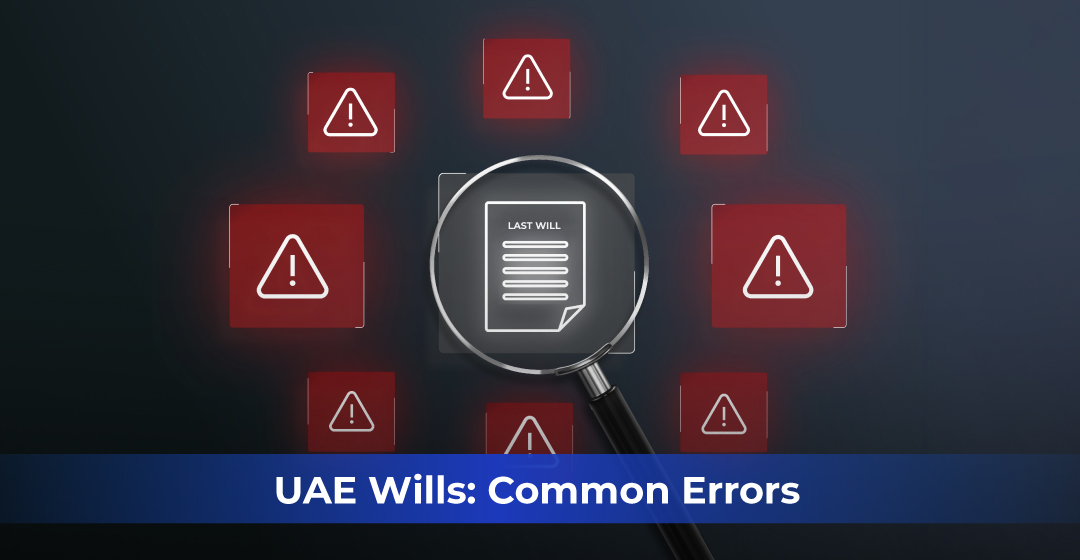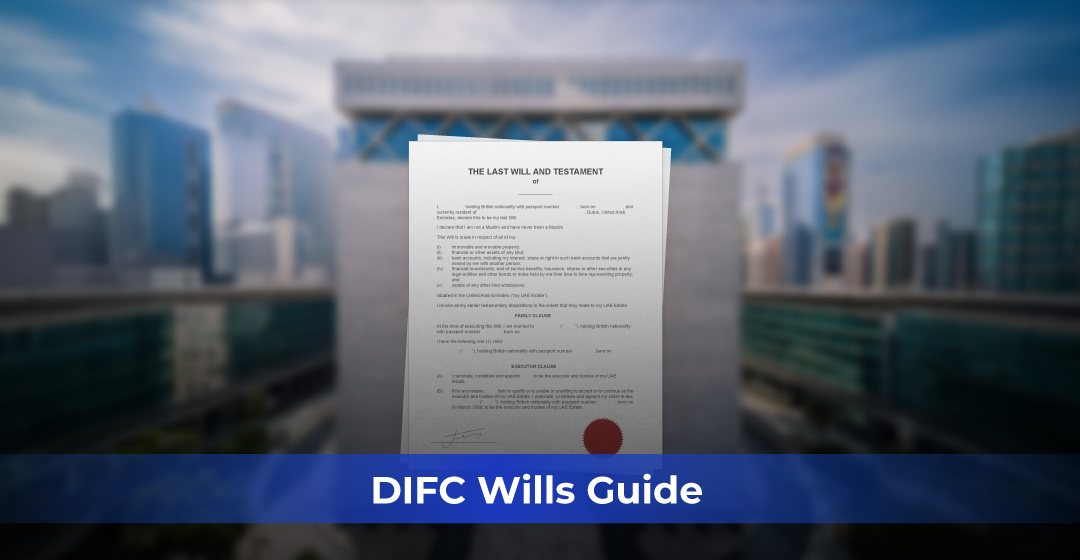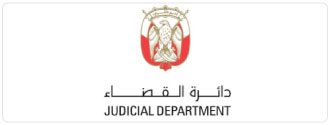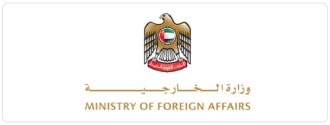- Delaying the Process
- Choosing the Wrong Jurisdiction
- Using Vague or Ambiguous Language
- Not Seeking Professional Guidance
- Failing to Cover All Assets
- Ignoring Guardianship for Minor Children
- Forgetting to Update the Will
- Appointing the Wrong Executor
- Overlooking Contingency Plans
- Improper Signing and Witnessing
- Conclusion
Making a Will in the UAE is one of the most important steps to protect your family, assets, and future. Yet, many people either delay the process or overlook essential details that can cause disputes, delays, or even invalidate the Will entirely. By avoiding some common mistakes, you can ensure your Will is legally sound, comprehensive, and aligned with your intentions.
For instance, a Dubai expat who doesn’t register a Will with DIFC or ADJD may face complications during probate, even if their intentions are clear. By avoiding common mistakes, you can ensure your Will is legally sound, comprehensive, and aligned with your wishes.
Below are the top 10 mistakes to avoid when drafting a Will in the UAE, and how you can steer clear of them.
1. Delaying the Process
One of the biggest mistakes is postponing the drafting of a Will. Many assume it’s only necessary later in life or during a health crisis. In reality, writing a Will early gives you clarity, peace of mind, and the opportunity to make decisions without pressure.
How to avoid it: Don’t wait for emergencies. Start estate planning while you are in good health and able to consider all options calmly.
2. Choosing the Wrong Jurisdiction
In the UAE, non-Muslims have options such as the DIFC Wills Service Centre and ADJD’s Non-Muslim Wills Office. Each authority has its own eligibility criteria and scope. Registering in the wrong jurisdiction for you, or worse, not registering at all, can delay probate and complicate asset distribution.
How to avoid it: Consult a professional to decide which forum suits your situation best. For example, DIFC Wills cover Dubai and international assets with English documentation, while ADJD Wills cover all emirates and offer a cost-effective option.
3. Using Vague or Ambiguous Language
Phrases like “divide equally among my family” or “a portion of my savings” create confusion. Courts may struggle to interpret your intentions, leading to disputes between beneficiaries.
How to avoid it: Use precise wording. List assets clearly, identify beneficiaries by full name and relationship, and specify exact shares or percentages.
4. Not Seeking Professional Guidance
Drafting a Will without legal expertise is risky. Each UAE authority requires specific formatting, registration procedures, and witness rules. A mistake, even a minor one, can invalidate your Will.
How to avoid it: Always work with a registered draftsman or lawyer experienced in UAE inheritance laws. They understand DIFC and ADJD requirements and can ensure your Will is both valid and enforceable.
5. Failing to Cover All Assets
Many Wills list real estate and bank accounts but overlook business shares, insurance policies, vehicles, offshore holdings, or digital assets like crypto wallets. Assets left out may default to legal heirs or cause delays in distribution.
How to avoid it: Make a complete inventory of your estate, including physical, financial, and digital assets. Update this list regularly and ensure it’s reflected in your Will.
6. Ignoring Guardianship for Minor Children
Parents often assume guardianship is automatic, but if not specified, the decision can be left to the courts. This may not align with your wishes and could cause distress to your family.
How to avoid it: Clearly appoint interim and permanent guardians for your minor children in your Will. Confirm that your chosen guardians are willing and capable of taking on the responsibility.
7. Forgetting to Update the Will
Life changes quickly. Marriage, divorce, the birth of a child, relocation, or acquiring new property can make an old Will irrelevant. Outdated Wills often result in beneficiaries being excluded or unintended persons inheriting.
How to avoid it: Review your Will every two to three years, and immediately after any major life change. DIFC and ADJD both allow re-registration of updated Wills.
8. Appointing the Wrong Executor
The executor is responsible for administering your estate and carrying out your wishes. Choosing someone unwilling, unqualified, or incapable can lead to delays, disputes, or poor management of your estate.
How to avoid it: Appoint a trustworthy, competent, and ideally financially literate person as executor. Always confirm their willingness to take on this responsibility before naming them in your Will.
9. Overlooking Contingency Plans
Many people forget to account for scenarios such as a beneficiary predeceasing them or an executor being unable to act. Without contingencies, the distribution of assets can become complicated and may not reflect your intentions.
How to avoid it: Include substitute beneficiaries and alternate executors in your Will. This ensures your estate is distributed smoothly, even if unexpected circumstances arise.
10. Improper Signing and Witnessing
A Will must be signed and witnessed in accordance with the specific rules of the DIFC or ADJD to be valid. Improper execution can result in the Will being rejected during probate.
How to avoid it: Follow the authority’s exact rules on signing and witnessing. For example, DIFC requires signing in the presence of an authorized officer, while ADJD has its own formal
witnessing process. Professional assistance ensures these critical steps are completed correctly
Conclusion
Writing a Will in the UAE ensures your wishes are respected and your loved ones are protected. By seeking professional guidance and keeping your Will updated, you can safeguard your legacy and provide peace of mind for your family.
At MakeMyWill, we help expats and residents draft legally valid Wills across Dubai and the UAE, ensuring a smooth and compliant estate planning process.













